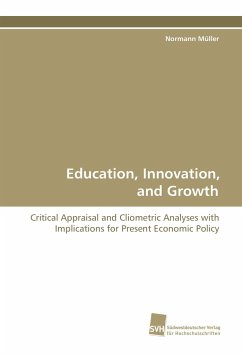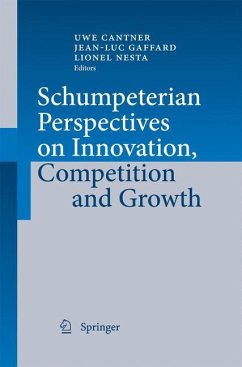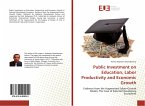Using historical data, the author examines basic research problems of education and innovation economics. He first argues that growth externalities of education are moot. Looking in consequence at the determinants of public educational budgets, he then finds that democratic countries have spent less than autocratic ones in the past. Further, schooling quantity is recognized by the author to help countries catch up with the technological frontier. For the generation of new knowledge, however, it might be less important: Nations' contributions to frontier shifts are found to have depended mainly on population size and the institutional setting in the past. Also, the formal schooling of historical inventors can not be proven to have enhanced their innovative potential. The author concludes from these findings that political and scientific efforts should focus on the quality of schooling more than its quantity. Also, in order to compensate for growth externalities research subsidies may be more effective than higher education subsidies. Finally, designing national innovation systems and evaluating new technologies are tasks to be tackled.








